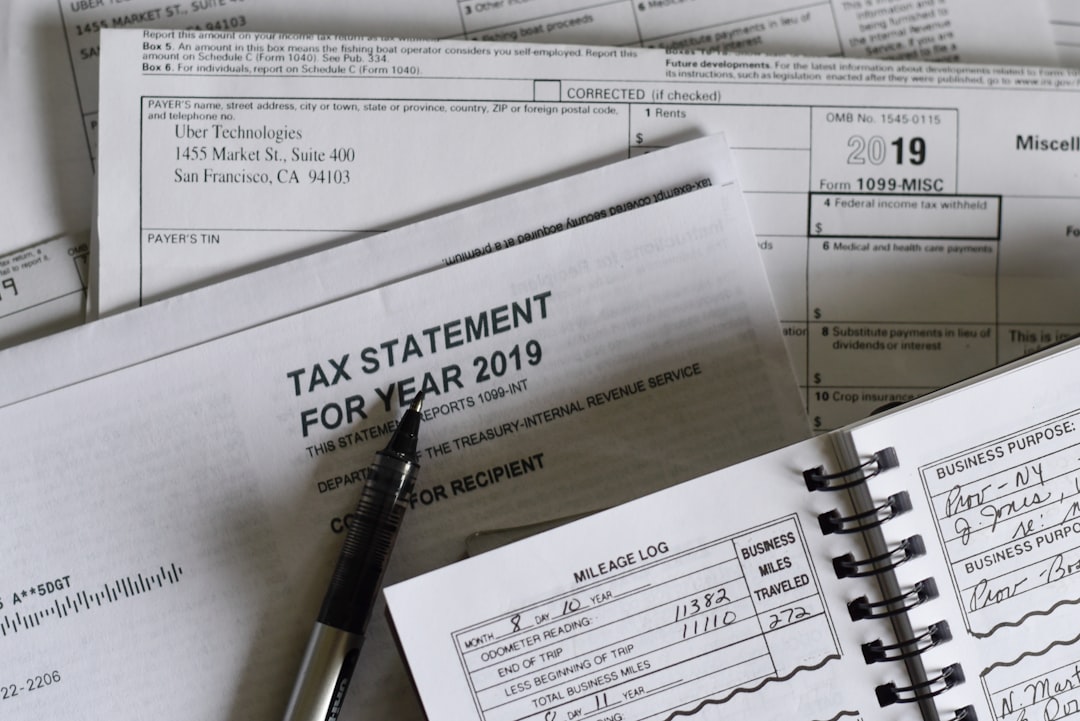The Foreign Earned Income Exclusion
If you are not a U.S. taxpayer, you may want to close your eyes

I’ve lost count of the number of times I've mentioned the Foreign Earned Income Exclusion to people from the U.S. who live in Mexico, and had them respond by saying "I've never heard of that; I wonder why my accountant never told me about it."
So yes, unfortunately, this post is about taxes. Boring. And U.S. taxes in particular. Even more boring. But being that it is a subject that seemingly vanishingly few people know about, I thought it might be useful to give it a quick summary. If you are not a U.S. citizen or resident, you can delete this article, or print it out on your printer and use it to wrap fish or line the bottom of your bird cage. But don't forget to like it first!
As you may or may not know (again, highly dependent on your citizenship), the U.S. is one of 2 countries on the planet earth that practices citizen-based taxation (the other country is Eritrea, in east Africa). In a nutshell, citizen-based taxation means that no matter where in the world you live, or where in the world you earn income, the U.S. will tax that income as if you were still living and earning in Smallville, Kansas. Most other countries practice residence-based taxation, meaning those countries will only tax you if you reside in those countries. Residence-based taxation makes a lot of practical sense, thus the U.S. shuns it.
Foreign Earned Income Exclusion to the Rescue
However, the U.S. federal tax code magnanimously offers this thing that your accountant has never heard of called the Foreign Earned Income Exclusion. You can read all about it on the IRS website here. The IRS employs writers who are a lot more, er, "prolific" than me (plus they have to provide legal definitions and things like that 🙄), so their website is a bit wordy. Here then is the Mexico Listo tl;dr version in all of its missing-critical-details glory:
The Foreign Earned Income Exclusion (say that 3 times fast) states that if your tax home (the IRS has a fancy definition of tax home here) is in a foreign country (and it must be a country, the exclusion doesn't apply if you're floating around in the middle of the Pacific Ocean), and if you meet some out of the country qualifications, then you can exclude a certain amount of your earned income from U.S. federal tax. In 2023, that exclusion amount is a nothing-to-sneeze-at $120,000.
OK, right about now you're probably thinking to yourself: this tl;dr version is getting kind of long-winded, just give me the damn highlights in a bulleted list, please. Fine, I cave to your demands.
Bulleted List of Stuff
To qualify for the exclusion, you must be out of the U.S. and its territories for at least 330 days out of any 12 month period (there are other ways to qualify, but this seems like the most common one).
Those 330 days do not have to be consecutive (you can pop back to the U.S. for a week every quarter or so).
You don't have to be in the same foreign country for those 330 days
Only earned income qualifies; pensions, annuities and social security benefits don't count.
If you are a military or civilian employee of the U.S. government or government agency, that income does not qualify (unless you are assigned to a qualified combat zone).
You can also claim foreign housing exemptions! There is a lot of detail on this here, but the gist is you can write off the cost of your foreign home, up to a certain amount.
If you claim the Foreign Earned Income Exclusion, you are something like 25% more likely to be audited by the IRS. So maybe don't do it if you practice sketchy tax strategies.
Someone wrote a very expensive book (the Kindle version is a lot less expensive) on strategies for avoiding IRS audits when claiming the Foreign Earned Income Exclusion.
Obviously, there isn't anything specific to Mexico here; the exclusion applies to any foreign country/countries that you live in.
The U.S. practice of citizen-based taxation is probably the biggest driver of former U.S. citizens renouncing their citizenship. Well that and Fox News.
Summation
If you spend most of the year overseas and you still earn an income, send your accountant this link.
And if you've read this far, I may have just saved you - what - 30-40 grand in taxes? I'll set up a GoFundMe so you can give me my 15% commission on that savings.



You can give me 5% of your 15% for having read to the end! OK Make it 3%. I got some laughs out of it.
You made a complex topic easy to read (and a boring one entertaining) - quite an accomplishment! I know a couple Canadians who spent 25k each to denounce their citizenship for this very reason! And what baffles me is why the US does not allow dual citizenship when they have this rule, so can be making money from it . Or maybe the dual citizenship policy has changed in the US? Another article idea? 😁